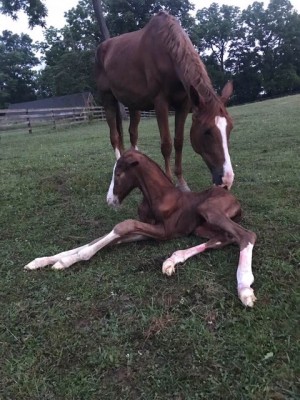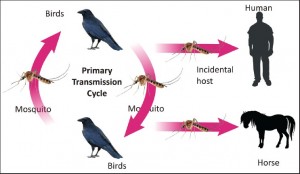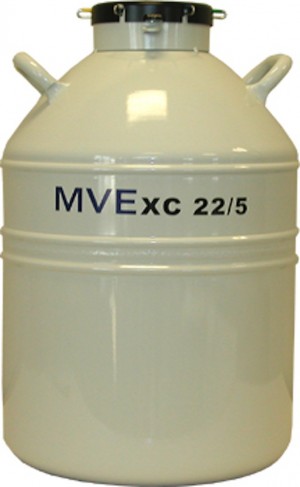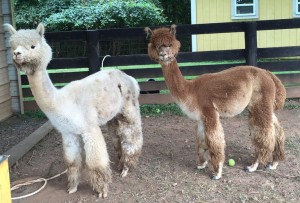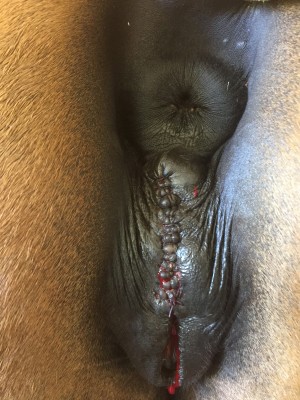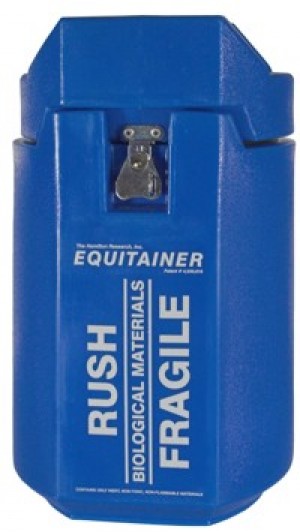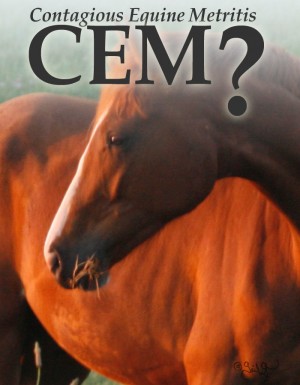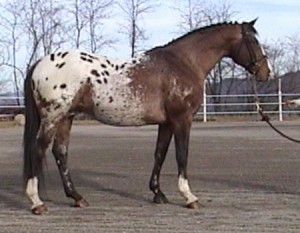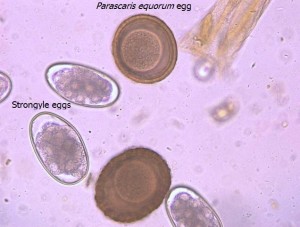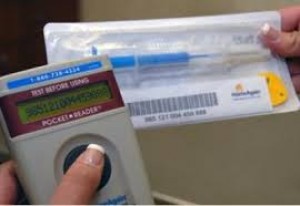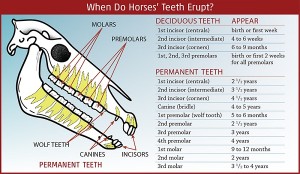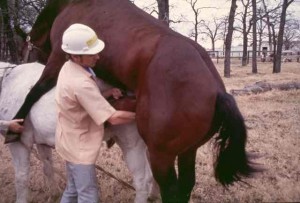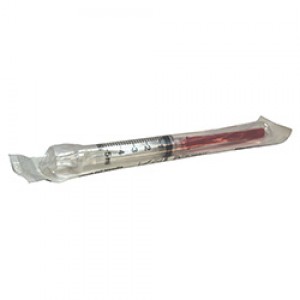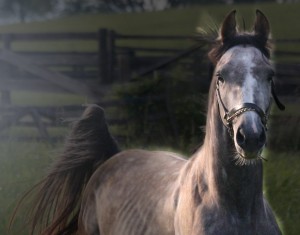Equine Infectious Anemia Testing
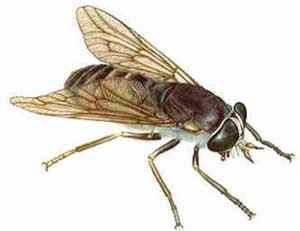
Equine infectious anemia (EIA) is a viral disease of horses mules, and donkeys that may be characterized by acute and/or chronic recurring clinical signs including fever, anemia, edema and weight loss. Many horses have very mild or inapparent signs on first exposure, and carry this virus subclinically. The owners of these animals are unlikely to realize that they are infected unless serological testing is done. All infected horses, including those that are asymptomatic, become carriers and are infectious for life.
The most effective insect vectors of the EIA virus are biting flies in the family Tabanidae, especially horse flies (Tabanus spp. and Hybomitra spp.) and deer flies (Chrysops spp.). However, other insects including stable flies (Stomoxys calcitrans) can transmit the virus as well.
Many countries have control programs requiring horses to be tested for equine infectious anemia. State regulations in the U.S. vary, but most states require one or more tests, particularly before entry of the horse into the state, participation in organized activities and/or sale of the horse. Regular voluntary testing of the horses on a farm, as well as testing of new animals before introduction, is helpful in maintaining an EIA-free herd. No vaccine is available.
The two most commonly used serological tests (Coggins tests) are the agar gel immunodiffusion (AGID), which usually takes 72 hours to complete, and the enzyme-linked immunosorbent assay (ELISA), which can be performed on the same day received by the laboratory. Testing may only be performed by USDA approved laboratories, and official Coggins tests may only be initiated and performed by USDA accredited veterinarians.
Infected horses become lifelong carriers, and must be permanently isolated from other susceptible animals or euthanized. In the U.S., a reactor must be marked with a brand, freezemarking or a lip tattoo before it is moved between states. Reactors can only be transported between states if they are going to their home farms, a slaughterhouse, or a diagnostic or research facility, and they must move under quarantine conditions.
Dr. Ley is accredited by the USDA to perform Coggins tests.
Dr. William B. Ley DVM, MS, DACT Services
Related Links
Allowed: 64M/67108864KB.
Current: 7381KB. Peak: 7451KB.


